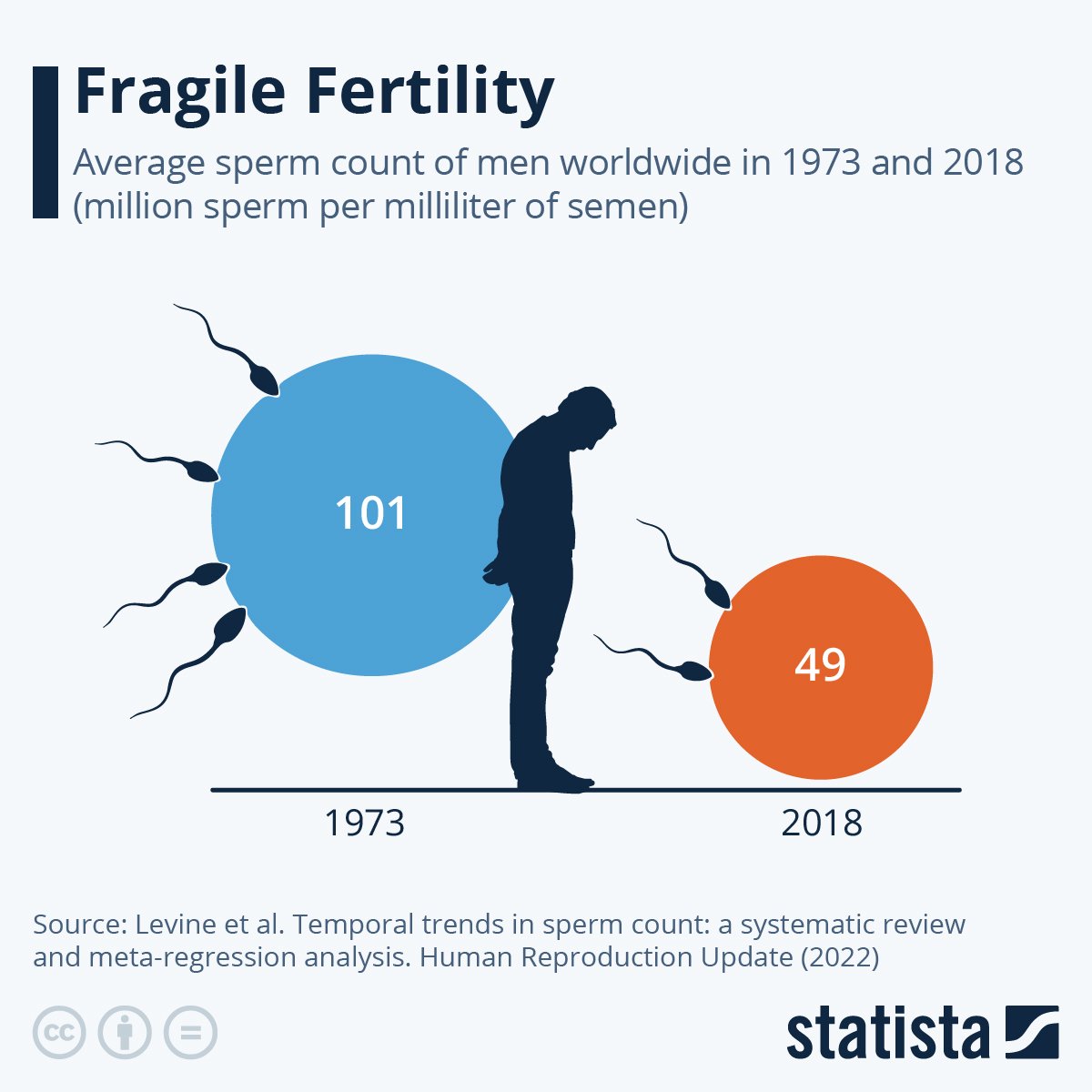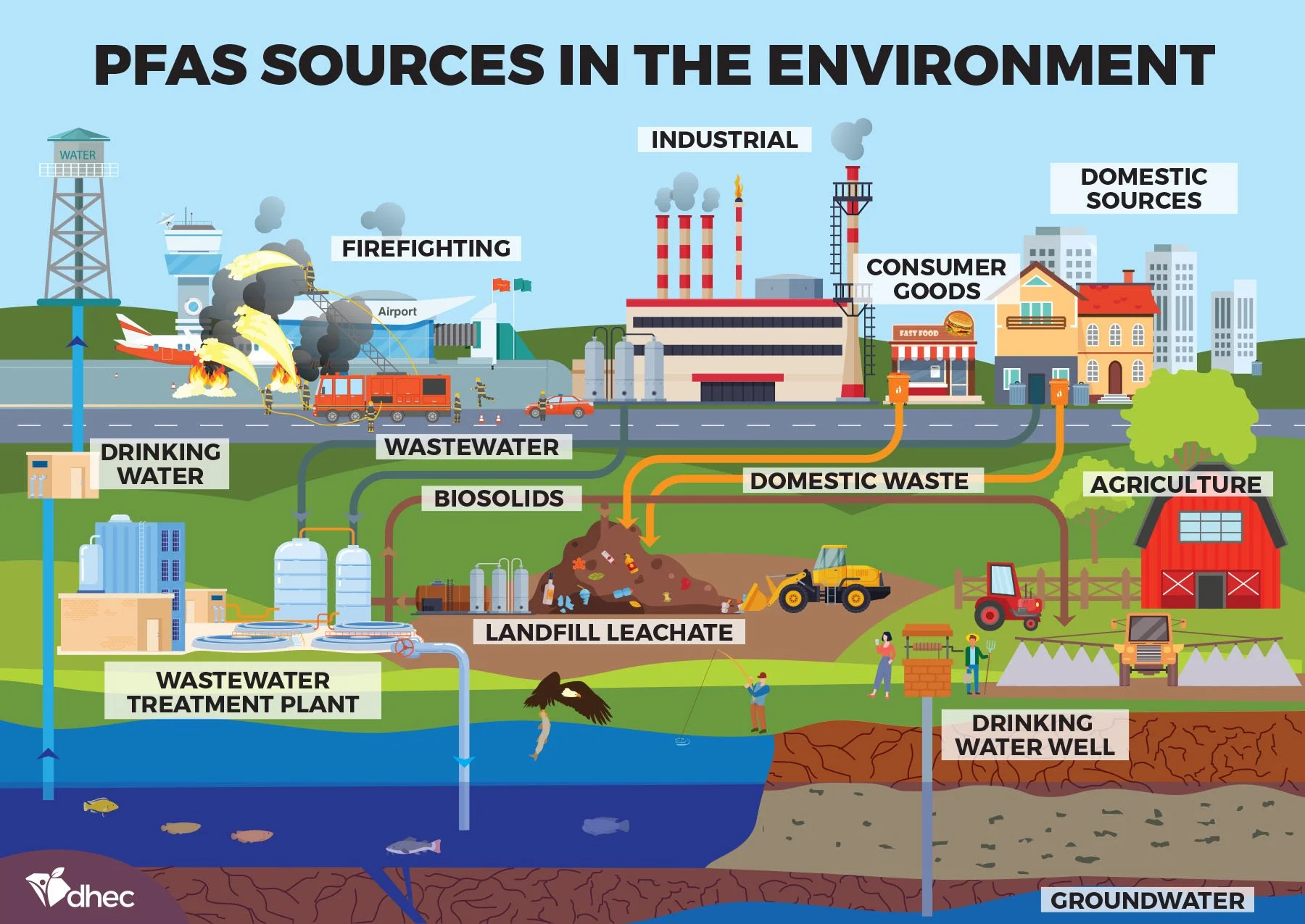The End of Women: An EXCLUSIVE Mother’s Day Special From Raw Egg Nationalist
Lost amid the sound and fury of the mainstream media’s response to “The End of Men”, Tucker Carlson’s documentary about the decline of masculinity, was a very important, and very obvious, point that the documentary was quite careful to make: the decline of masculinity is a tragedy for both sexes. Of course women suffer when men are no longer men, when men cease to fulfil their traditional roles ordained by God and biology – husband, father, provider, protector. Even when a woman says she’d prefer a man who’s less traditionally masculine, as soon as the lights go out and the water starts rising, see how quickly her desires – and needs – revert to type. Prosperity and the march of Progress encourage perilous illusions, not least of all the idea that danger, suffering and evil have somehow had their day and just disappeared. The wolf is always at the door, no matter how much we tell ourselves it isn’t there.
Women also suffer from – or should I say, with? – masculine decline in another, more insidious, way. One of the principal focuses of Tucker’s documentary was the unprecedented chemical assault our bodies have been under for the past seventy or so years, and how various chemicals, many of which are associated with the manufacture of plastics, are disturbing our delicate hormonal balance, with disastrous consequences.
A significant number of these chemicals have estrogenic properties, meaning that they mimic the effects of the natural hormone estrogen in human and animal bodies. Estrogen is commonly referred to as the “female” hormone, but this is a simplification that obscures the vital role this hormone plays, in the right quantities, in the male body as well, just as testosterone – the “male” hormone – is also important to women.
Nevertheless, too much estrogen in the male body is a recipe for disaster. Chemicals like phthalates and bisphenol A are increasingly thought to be responsible for precipitous declines in testosterone and sperm counts among men. If the dire predictions of Dr Shanna Swan, one of the experts interviewed for the documentary, come to pass, within decades we, as a species, could be unable to reproduce by natural means. Just by extrapolating from current trends, we can see that by 2045 the median man will produce no sperm whatsoever. This means that one half of all men will be totally infertile, and the other will produce so few sperm as to be functionally so.
While the headline-grabbing research may all seem to involve men, the truth is that these chemicals are also wreaking havoc with women’s health and fertility. The female hormonal balance is as sensitive as the male, and exposure to estrogenic substances can cause just as much damage to women’s reproductive function.
A new study has revealed that women exposed to a ubiquitous class of chemicals known as PFAS suffer devastating reductions in the likelihood of pregnancy and live birth. Although PFAS studies had already shown that the chemicals impaired reproductive function in female lab mice, the new study is one of the first to show the same effects in humans.
PFAS, or per- or poly-fluoroalkyl substances, are a class of chemical that is now found virtually everywhere, including in Arctic snow, not only because of their role in the manufacture of plastics, but also through their use in fire retardants, greaseproof packaging, non-stick cookware, stain-resistant coatings and personal-care products.
The researchers behind the new study looked at just over 1000 women enrolled in the Singapore Preconception Study of Long-Term Material and Child Outcomes. The women were aged between 18 and 45 and were actively trying to conceive. The researchers measured levels of PFAS in blood samples collected from the women between 2015 and 2017, and discovered that higher exposure to PFAS chemicals, especially in combination, could lead to as much as a 40% lower chance of conceiving and bringing a live baby to full term.
Senior study author Dr Damaskini Valvi explains:
"We… know that PFAS exposure begins in utero and transfers from the mother to the fetus, as many PFAS have been detected in cord blood, the placenta, and breast milk. Preventing exposure to PFAS is therefore essential to protect women's health as well as the health of their children."
The scale of PFAS pollution is deeply worrying. These chemicals are often referred to as “forever chemicals” because they’re extremely stable and don’t degrade. Instead, they accumulate in the environment: in the water, in soils, and in animals and fish. And, of course, in us too. A recent study showed that freshwater fish in the US contain up to 280 times as much PFAS as commercially produced fish. Eating just a single freshwater fish caught in a lake or river could provide the equivalent dose of PFAS from a year’s daily consumption of shop-bought fish. Given the quantity of these chemicals in the environment and their persistence, it’s not a wonder that academics are calling for urgent investigation into the effects of long-term exposure.
Critics of the Tucker documentary and of my work have tried repeatedly to suggest the focus on declining masculinity is somehow a distraction from the real problems we face today. By making masculinity a “culture war issue”, as well as other associated things like meat-eating and protecting children from mutilation and barely disguised pedophilia, we distract from the reality that corporations are the ones poisoning the planet with estrogenic chemicals and consolidating their control over the food supply and our lives more generally.
When I first encountered this “criticism”, I had to laugh. I had just written my latest book, The Eggs Benedict Option, in which I argue that, if we want to be healthy and free again, we need to break the power of the corporations that are – poisoning the planet with estrogenic chemicals and consolidating their control over the food supply and our lives more generally.
Neither Tucker Carlson nor I believe the issue is simply one of culture. Yes, culture is important, but culture is downstream of biology, and we are being made sick in ways that can only manifest themselves in a profound cultural sickness of the kind we see all around us today.
Although the individual response is important – we all should take action, as individuals, to mitigate our exposure to harmful chemicals (reduce our reliance on plastics, filter our water, etc.) – we need a determined collective response to clean up our environment and make it conducive, once again, to health, fitness and cultural hygiene.
Only a political response can change the insane regulation system for new chemicals, which blithely takes the stance of “safe until proven otherwise”. Even when chemicals are identified as harmful, replacements are treated in the same careless manner and allowed to be used before we truly know whether they have ill effects. Many replacements are as bad as, or worse than, the chemicals they replace. Acetyl tributyl citrate (ATBC), a supposedly “safe” alternative to phthalates, has recently been shown to impair neural development, and maternal exposure may lead to brain damage for the baby.
No successful mass movement to restore individual and cultural health can rely solely on men. Thankfully, women have every reason to be supportive. They too suffer from the downstream cultural effects of masculine decline as well as the upstream biological causes. Chemicals like PFAS do not discriminate by sex – and while that may be their greatest danger, it may also be their greatest weakness.






